A week-long international school on the topic of continuous gravitational waves was recently held between 2024 July 7 - 11 at the Auditorium of the Kavli Institute for Astronomy and Astrophysics (KIAA) at Peking University. This was the first-ever continuous gravitational waves meeting held in China.
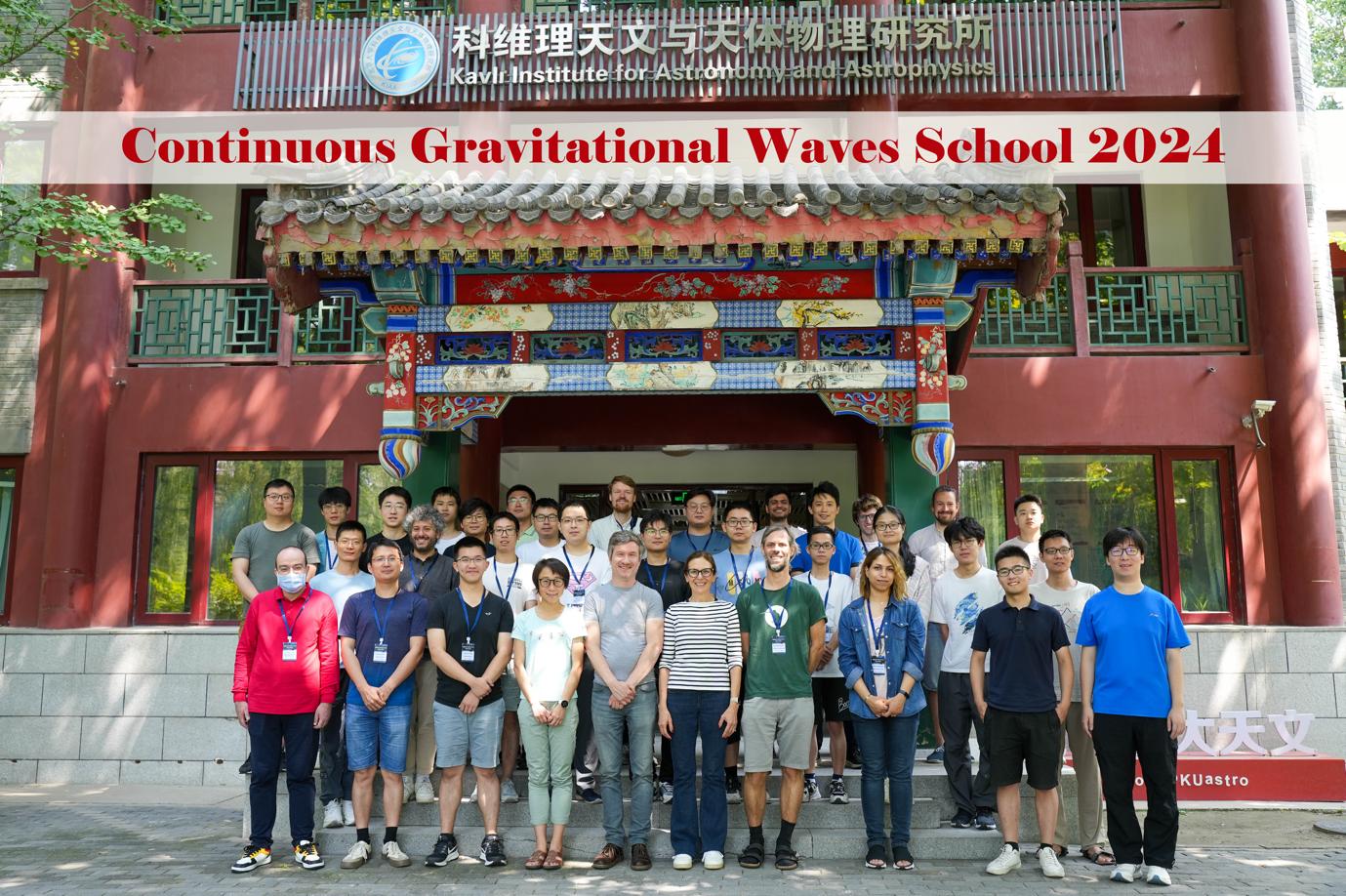
Fig. 1 – A group photo of the participants of the school.
In total, there were 39 registered participants, including 6 Masters students, 13 PhD students, 9 postdocs and 11 faculty. Of these participants, 27 were participants from China and 12 travelled to PKU from abroad, including Europe, North America, and Australia.
The school consisted of a main lecture series delivered by 4 international lecturers:
- Prof. Maria Alessandra Papa (Albert Einstein Institute/Leibniz University Hannover)
- Prof. Ian Jones (University of Southampton)
- Dr. David Keitel (University of the Balearic Islands)
- Dr. Lilli Sun (Australian National University)
as well as a collection of complementary talks given by both local and international guest speakers:
- Dr. Siyuan Chen (Shanghai Astronomical Observatory, Chinese Academy of Sciences)
- Prof. Yiming Hu (Sun Yat-sen University)
- Prof. Haixing Miao (Tsinghua University)
- Dr. Andrew Miller (Nikhef/Utrecht University)
- Dr. Jing Ming (Albert Einstein Institute)
- Dr. Heng Xu (National Astronomical Observatories, Chinese Academy of Sciences)
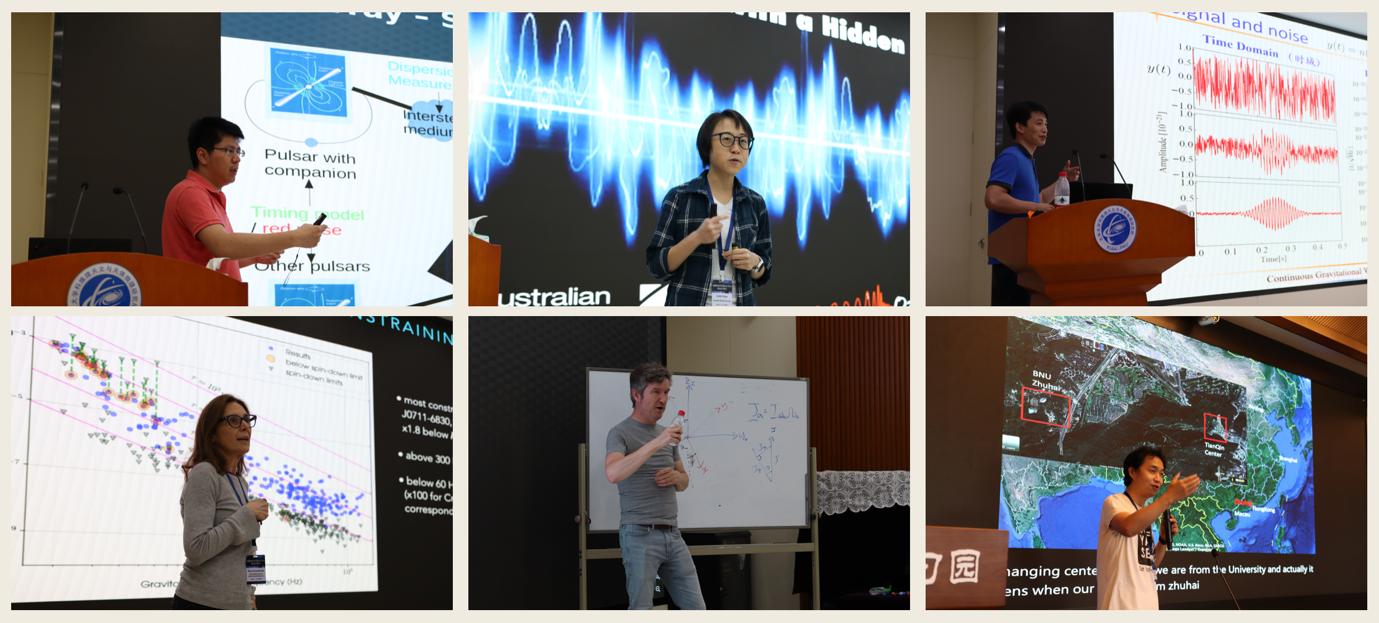
Fig. 2 – (From the top left going clockwise): Dr. Siyuan Chen, Dr. Lilli Sun, Prof. Haixing Miao, Prof. Yiming Hu, Prof. Ian Jones, Prof. Maria Alessandra Papa.
In addition to standard lectures, the summer school featured a hands-on coding tutorial on how to use “PyFstat” (led by David Keitel), a problem class (led by Ian Jones), a discussion session (led by Garvin Yim), and a session for contributed talks, where participants were invited to give a 10-minute talk about their current research. These types of sessions, not standard for most conferences, created a dynamic atmosphere to help student training and exciting exchange of ideas.
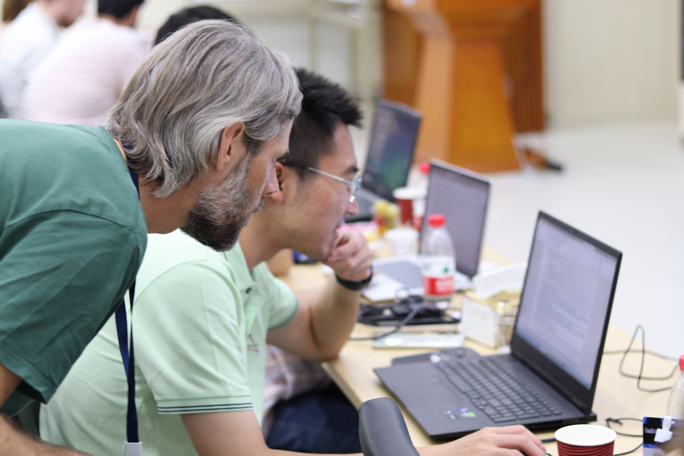
Fig. 3 – David Keitel helping a participant with the PyFstat tutorial.
In addition to the above sessions, there was also a special session on the important topic of “Women in Science”. Two of the school’s lecturers, Maria Alessandra Papa and Lilli Sun, were joined by special guests Dr. Binbin Wang, Associate Dean and Research Professor of the Institute for Carbon Neutrality (PKU), and Dr. Ming Yin, vice president of Vitalstar Biotech Ltd. (China), and they discussed the status and challenges of women in science. The event was streamed live and over 200 people joined online, a huge testament to how important and relevant this topic is.
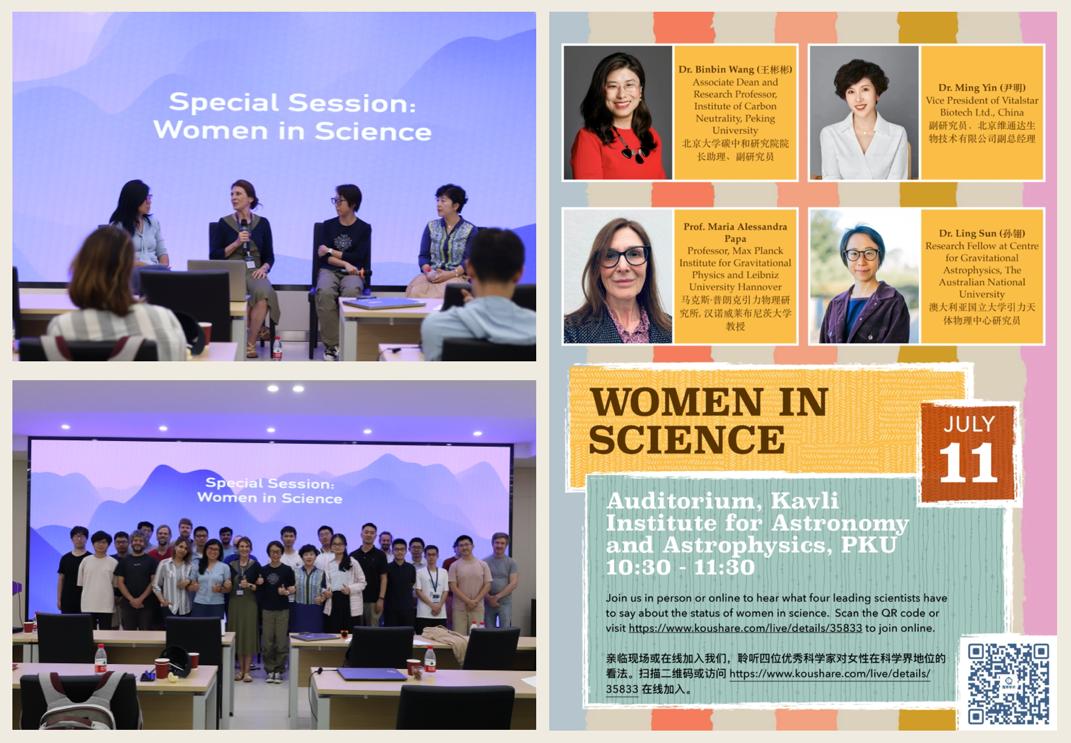
Fig. 4 – Some images from the “Women in Science” special session. The poster on the right was designed for the event.
One of the key objectives of the school was not only to learn new things but also to foster new collaborations. This was aided by an organised trip to the nearby Summer Palace, where participants got a chance to wonder around to see the beauty of the historic site. Participants also enjoyed the summer school dinner at a Japanese buffet.
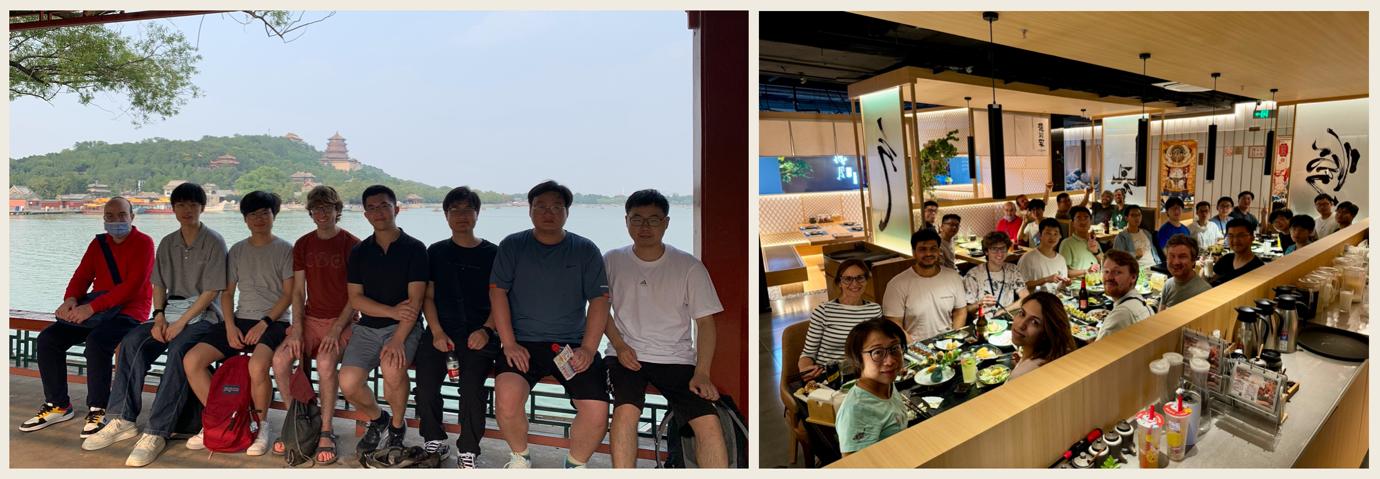
Fig. 5 – (Left): Some of the participants in front of the Summer Palace. (Right): A photo from the conference dinner.
“Hopefully, this school was the start of something much bigger in China, and the hope is that the field of continuous gravitational waves can also grow with the participation of Chinese researchers,” said lead organizer and postdoc Garvin Yim. “Although this meeting was the first of its kind in China, it should not be the last. Overall, the school was a great success and it would not have been possible without the help of the Local Organising Committee: Min Sun, Peixiang Ji, Yiming Dong. The future is looking bright for this field - here’s to the very first continuous gravitational wave detection!”
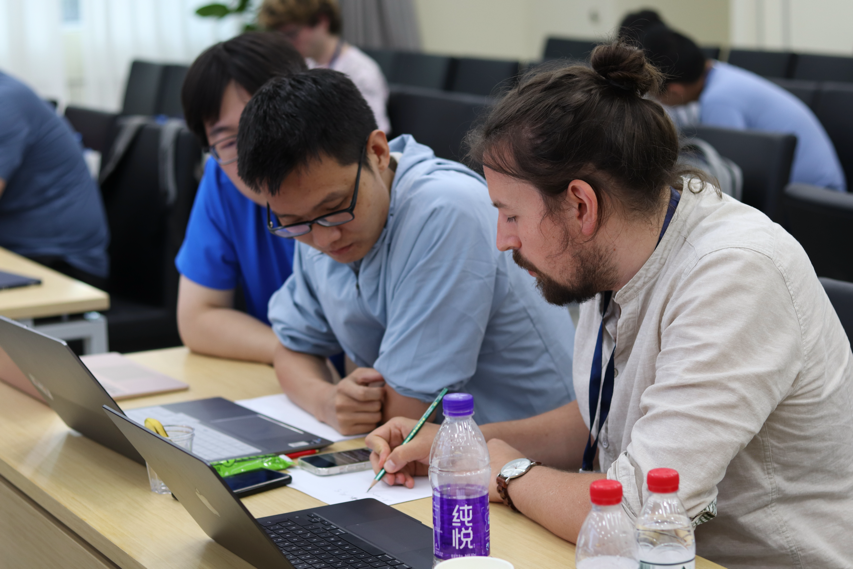
Fig. 6 – The next generation of continuous gravitational wave researchers.